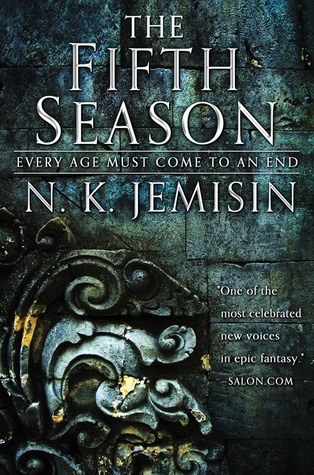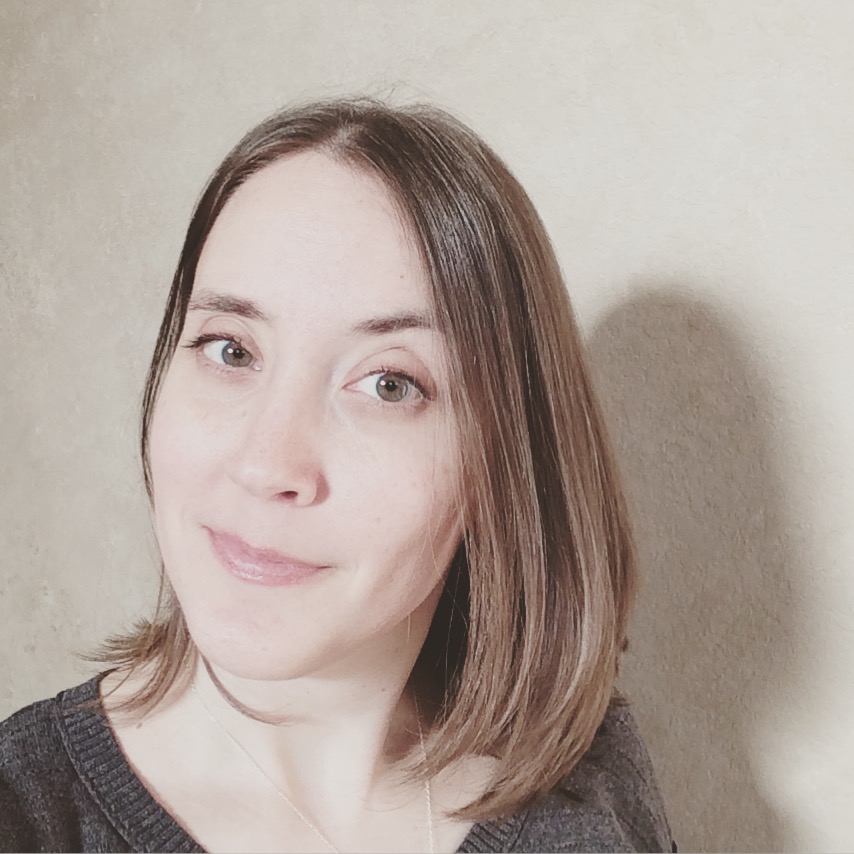The Fifth Season (The Broken Earth #1)
by N.K. Jemisin.
 Sometime far, far in the future, Earth (is it Earth?) is unrecognizable. The landmasses have shifted into one big, volatile continent called The Stillness. Every few centuries or so, this volatility causes a fifth season. It’s a different animal from the other four (spring, summer, autumn, winter); always inhospitable to life, it can vary in its length (months, years, decades) and the specific calamity involved. This book opens at the dawning of a new fifth season. The story is told via 3 characters: Demaya, a young girl from the countryside; Syenite, a talented journeywoman at a specialized academy in the city; and Essun, a mother of two living in a remote village. Each is capable of wielding orogeny (earth magic) and each sheds light on the history and society such an angry planet has wrought. There are secrets, politics, strange beings, great power, unlikely friendships and love stories. There’s a quest, and a reveal, and several surprises. It is at once an epic survival adventure, and an intimate character portrait.
Sometime far, far in the future, Earth (is it Earth?) is unrecognizable. The landmasses have shifted into one big, volatile continent called The Stillness. Every few centuries or so, this volatility causes a fifth season. It’s a different animal from the other four (spring, summer, autumn, winter); always inhospitable to life, it can vary in its length (months, years, decades) and the specific calamity involved. This book opens at the dawning of a new fifth season. The story is told via 3 characters: Demaya, a young girl from the countryside; Syenite, a talented journeywoman at a specialized academy in the city; and Essun, a mother of two living in a remote village. Each is capable of wielding orogeny (earth magic) and each sheds light on the history and society such an angry planet has wrought. There are secrets, politics, strange beings, great power, unlikely friendships and love stories. There’s a quest, and a reveal, and several surprises. It is at once an epic survival adventure, and an intimate character portrait.
It’s also extremely well-done and well-written. This book just won the Hugo Award for Best Novel, and for good reason. The complex world-building and plot intersections are masterfully done. And, as far as I can remember, this is the only time I’ve encountered 2nd-person point of view (“you walk down the road”) in a novel. Every section with Essun is narrated this way. Which, admittedly, I wasn’t sure I liked at first and it took a little getting used to, but Jemisin ends up pulling it off. That is not an easy feat.
The magic system she’s created is really interesting. It’s a mix of earth sciences (plate tectonics, geology, physics) with the inborn ability to control those forces. Obviously, that makes those who can wield this power extremely dangerous- but also necessary given the uneasy earth humanity lives upon. Orogenes end up as second-class citizens at best, slaves at worst. It’s a precarious balance of power between the political and the magical and the earth itself. This just adds more tension to an already tense and sometimes brutal story.
I also have a point I both want and don’t want to bring up, and it’s this: this book has a lot of diverse characters. By that I mean: not everyone is white, not everyone is straight, not everyone is monogamous, not everyone is gender-static. It’s a good mix of all the possibilities on the spectrum, not just the usual. I wanted to bring this up, because I liked it. I didn’t want to bring it up, because I feel that such variety of characters should be the norm, not an exception worthy of note. So take that for what you will.
Overall, this was really well done, and really good read. My only slight critique is that certain plot points or character decisions weren’t fully explained, but I’m hoping book 2 will help clear some of that up. I already have it checked out from the library. 😀










